I was in conversation with people at a garden party, one of whom is a clergyman. We were talking about education. I said I attended St. Martin’s School of Art – ‘That’s not to be sneezed at!’ remarked the clergyman. At last I’d found a rationale for having spent (or wasted?) three years of my life at the revered institution. St. Martins: fact and fable. This is how it was for me, an evaluation of my experiences.
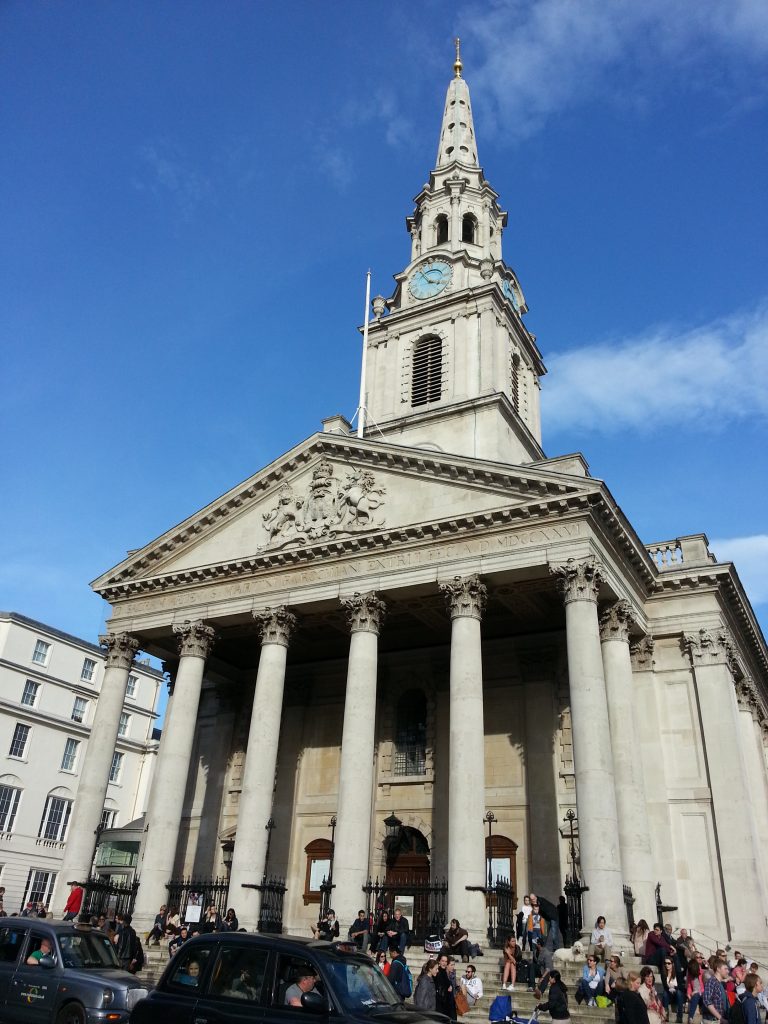
My ‘journey’ through that supposed portal to success was not a happy one. I scraped by and just managed to wrest a piece of paper from them to verify as much. It was Easter during the final year of studies and I’d been called to the HOD’s office to bare my latest efforts in illustration, prior to the end of course ‘degree’ shows. My portfolio consisted of drawings, loosely based around set themes. I believed they could pass as illustrations – as the work of previous students had done. ‘Student P’ for example, gaining a 2.1 for such a folio, though he said to me later: ‘They were handing out degrees from a hat! and I got a 2.1!’ Yoinks! Jammy or what?
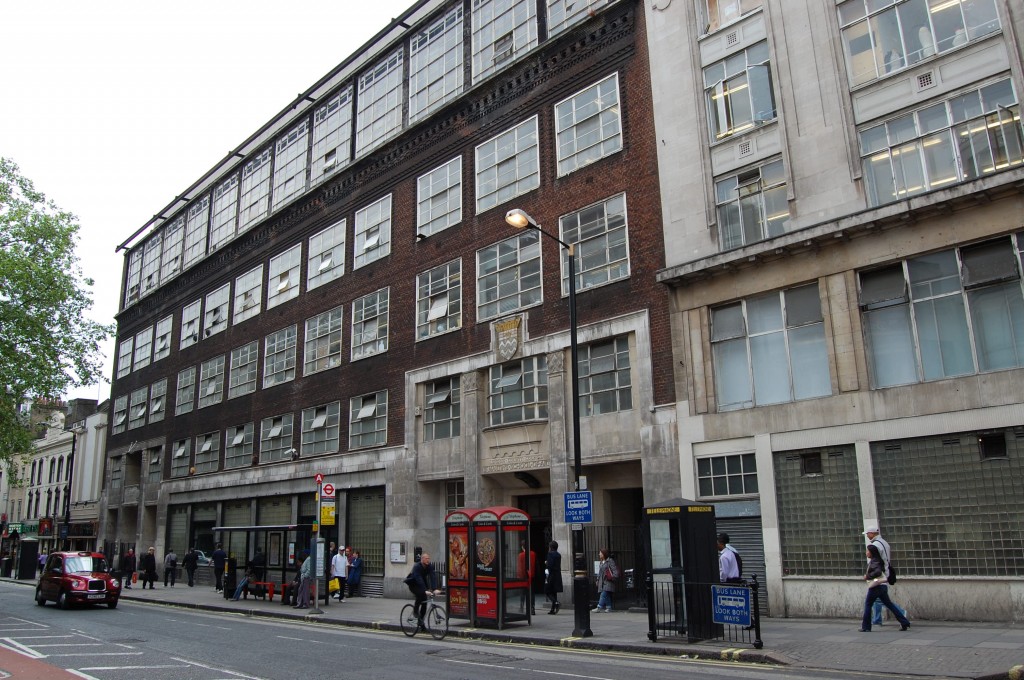
Cal Swann and Wendy Coates-Smith said my work wouldn’t qualify and deemed it a failure. I collected my drawings and walked towards the door but …… the same attitude enabling me to defeat a group of bullies at school, swung into action. I turned and pinned them on a legal technicality, citing small print from the annual package of bumph each student received, (terms and conditions) slaying those stodgy gits in their seats.
In fact ‘academic staff’ at St. Martins could not pass negative judgement on any student at such a late stage in the game, without having instigated measures to correct their progress – at a much earlier juncture. Which didn’t happen for myself and the other ‘failures’ they dispatched into the world of benefits and low self-esteem. It was easier for them to fail students – the alternative would mean staff actually having to do some work. Technically and legally, they weren’t allowed to enact what they meant to in my case – and continued to impose on others. But you had to be on your toes to return fire.
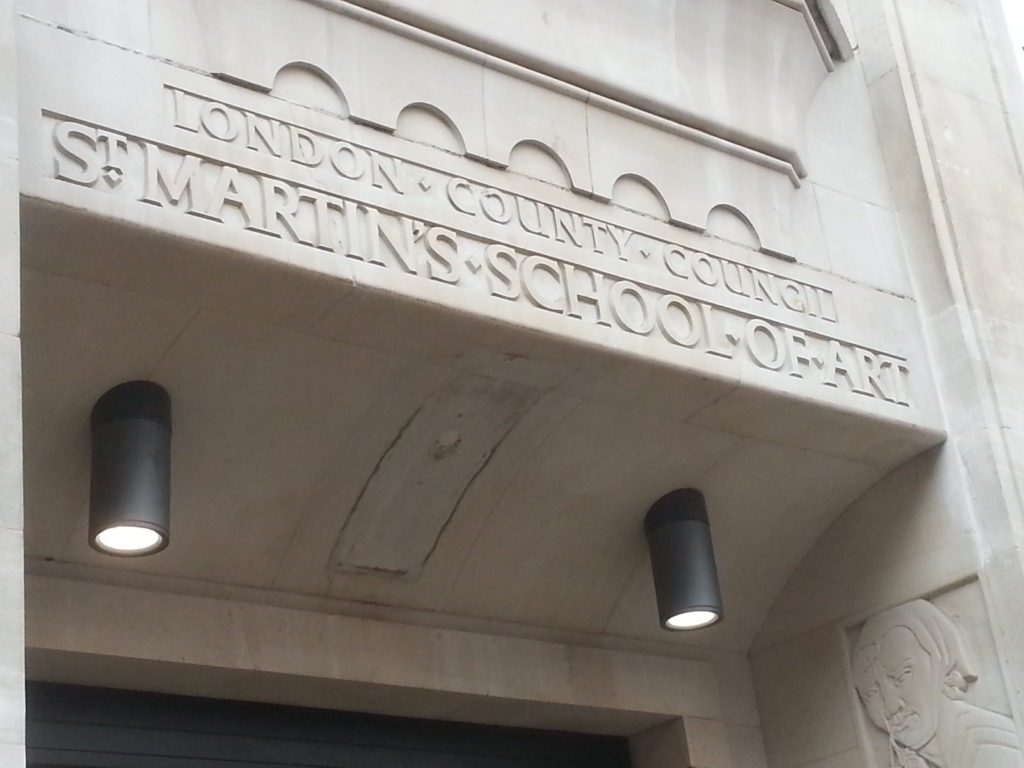
For too long St. Martins was a law unto itself. I have never held with the notion Art can be subject to academic procedure in the same way university topics are. Yet it is something middle-class misfits such as artists and designers desire – to be certified as being clever.
A woman who studied Fine Art at Goldsmiths said of herself she went to a proper university whereas we were ‘at a college’. She has always been bang on the money, and though I get fed-up with the Goldsmiths hegemony, her critical observations were apt. Having come through regular education, by the time I got to St. Martins I was used to receiving feedback in the form of grades, A through to E and expected it to be the case at ‘degree level’. During the first year at St. Martins, Richard Doust announced ‘the course is run on Socialist lines, so we don’t give grades to discourage competition and encourage co-operation amongst you ‘. I felt duly offended and worried about such a policy being inflicted on us.
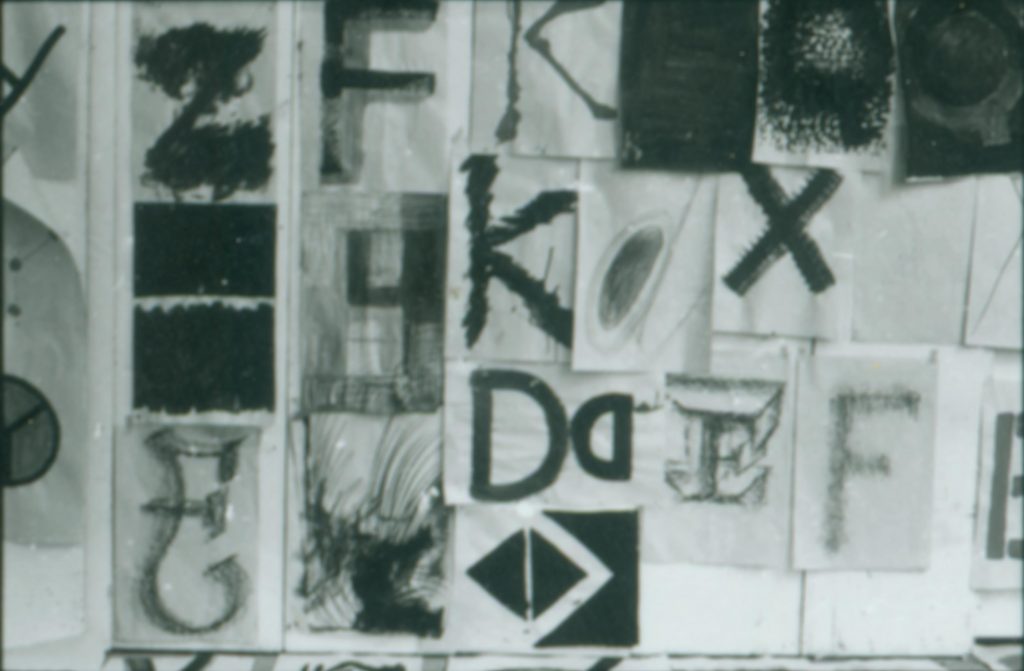
The prospectus never mentioned having to adopt a political outlook as part of the deal, and let’s face it the Socialist Motherland has yet to materialise. When I related this to a heavy-weight academic and member of a prestigious university senate, he said: ‘That’s appallingly bad. The people concerned should have been sacked and replaced immediately’. But they weren’t.
What was the effect of not being given graded feedback, regarding our efforts at ‘degree level’? Firstly, it was de-motivational. Why bother? if it didn’t matter and everyone was the same. In any case, people were awarded grades at the end of studies. Formative assessment is the way learners navigate through a course – without such feedback (like the ping of sonar) they are prone to shipwreck. The policy wasn’t aired at interview or in the prospectus, it was just imposed on us once we were there. Another effect was for it to increase competition , but in a cloak and dagger way.
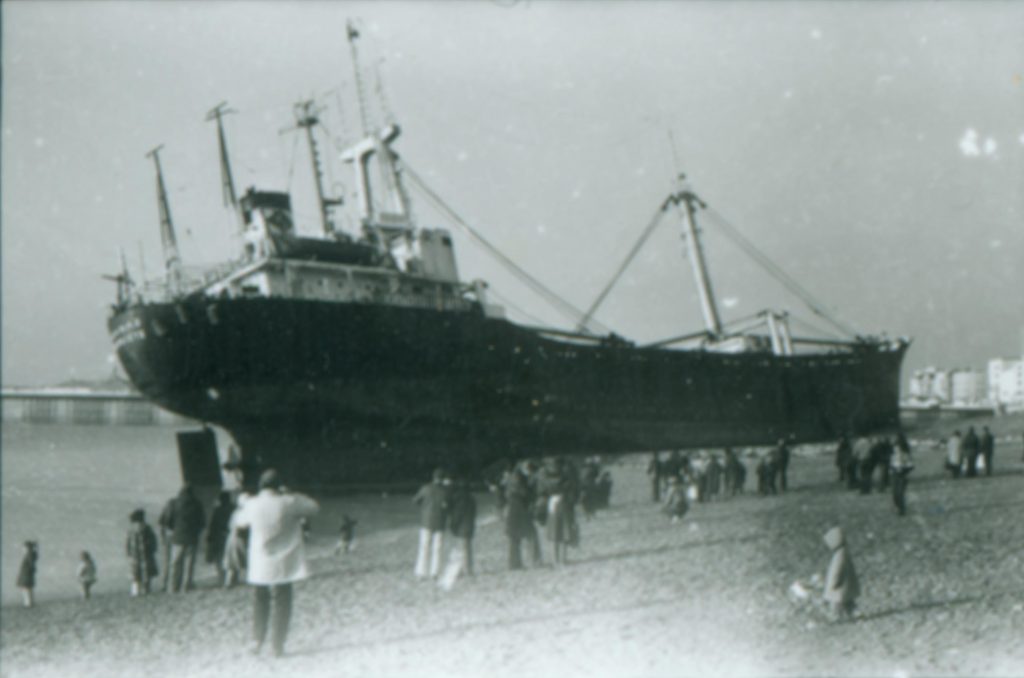
Besides, the silly-arsed strategy wasn’t practiced across the board at St. Martins. For Complementary Studies I chose ‘Live Language’ with Sandra Stevens. One of the original Greenham Common wimmin, Sandra was good at her job and gave graded feedback for essays and coursework. I did alright at Complementary Studies.
Though I put my best energies into my work, by the end of the first year I felt disappointed and unhappy; my initial misgivings about St. Martins weren’t far off the mark. The day I walked in, I felt nauseous. This feeling didn’t diminish and remained with me most of the time I was there. I took refuge in the library or amongst the Fine Art when I could. It requires a lot to trust your instincts, especially when you’re nineteen; though I asked to leave during the first term, they already had a high proportion of absconders and were probably concerned about keeping the course running.

To help protect their cushy jobs they asked me out for coffee, offered counselling etc. I recall sitting with Nick Vosper in his broom cupboard while he sucked on his pipe, sporting a hair shirt and beard like some pre-emptive neo-hipster. ‘Hmm. Hmm’ he said. ‘So you don’t feel very happy at St. Martins?’ Too right mate. Why do I need you to say that to me? I wasn’t very interested in what I was doing. I didn’t fit in and had problems in my personal life. But, being nineteen and unsure of myself, against my better instincts they persuaded me to stay.
Mid-way through our time there, at Christmas during the second year, I felt things were not going well and was confused. On occasions it seemed I was making headway so ….. I asked to see my progress report. Folding their arms, Linda Brockbank, John Woodcock and Robin Arkle formed a defensive line in front of the filing cabinet where records were kept. Shaking their heads they said ‘No’ – I couldn’t see my report. In fact it was a breach of my rights and to this day I feel extremely angry at their arrogant, bullying behaviour. I needed to know how I was getting on, it was only fair to ask. That’s why it’s necessary to write a blog titled: St. Martins: fact and fable.
Un-professional conduct wasn’t limited to the aforementioned twazzocks. We were set a photography project to document an exhibition at Earl’s Court. Thirty five or so students spent money on film and tube fairs plus a day of our course time doing as requested. Alas, everybody’s exposures were wrong and we came back with nothing much to show for our hard work. Then ‘Student I’ spotted we had been misinformed about which film stock to buy (it was the wrong asa or something), totally unsuitable for the task in hand. So we had to do it all over again! Never mind eh? We were only students. Let the Socialist Motherland pick up the tab.
‘Student I’ became very interested in photography. Head of Department, Dermot Goulding seemed to take him under his wing. The trick we missed here was:- ‘Student I’ had Mr. Goulding by the short and curlies. If that particular cat had been let out of the bag ….. in my line of business, if you cock-up as splendidly, you don’t come back to work the next day. Let alone get paid for it. But he did; what I resent most is: Mr. Goulding had ‘academic status’ and influence. He presided over the award of qualifications at St. Martins; it goes without saying ‘Student I’ did rather well for himself.
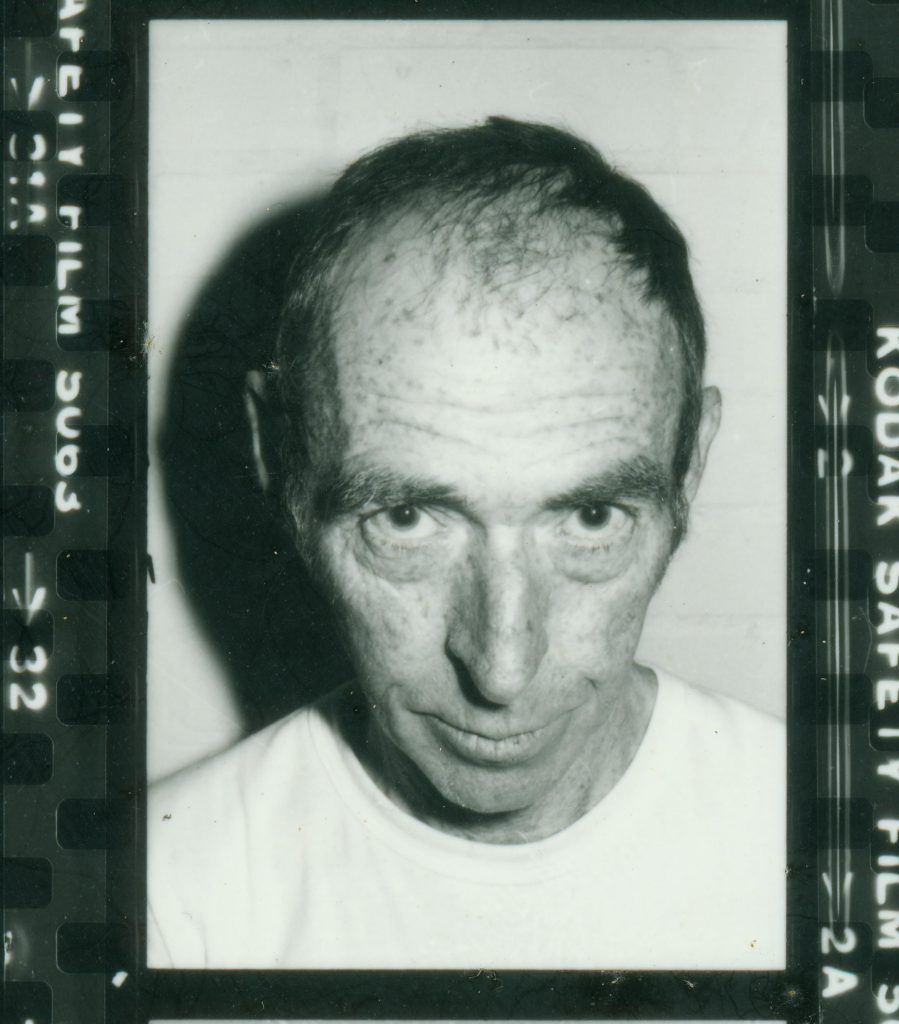
I reckon Dermot Goulding never liked the look of me as soon as I walked onto that stage (yes, the famous stage) where the Sex Pistols performed. Mr. Goulding had to take mugshots of all new students. I used to wear an Eton school tie which I purchased unwittingly, from a bric-a-brac shop in Yarmouth. Must have got his heckles up, not Socialist Motherland enough! Separating fact from fable, ‘Student T’ quickly surmised she had little to learn from him or the institution, leaving early during the first year. At the time she was already working freelance, taking photos for David Sylvian and 80s band Japan.
I felt cheated. It was all very well hanging about the West End trying to be cool, but with a change of departmental head and move of premises to Long Acre the course was in disarray. None of us got much access to print media (as promised in the prospectus). For every handful of starlets there were too many ‘also rans’, contradicting the Socialist ideals espoused there.
Factor into the equation ‘skills’ introduced at St. Martin’s were already obsolete (the first Apple computers were here in 1983) and you have a next to useless, shambolic course – in spite of any pretensions about how we were all ‘going places’. The irony of it is: I was the only student out of forty or so, who managed to change disciplines and go on to Post-graduate studies at the RAS. So they rate me as being ‘a success’ ….. Hurrah!
Kind hearted alumni tell me to be proud of the fact I went to St. Martins. But I can’t pay my bills with pride. Try suggesting as much to Charlie down the garage. He’ll just tell you to fuck-off and come back with the money.
You can stick your white-collar bullying, your cocaine and your designer Socialism – right where the sun doesn’t shine, all of you. If any of the ‘savants’ who attempted to pass their ‘wisdom’ onto us are still out there, I hope this makes you squirm on your Parker-Knoll recliners. I hope your Stannah Stair-lift conks out just when you have an urgent need to use the lavatory. Design yourselves out of that when it happens.
St. Martins: fact and fable – an evaluation by Alan Dedman based on personal experience. Photos by Alan Dedman, Julian Wakeling and Dermot Goulding

ravi swami
Looking back, I think St Martins then was geared more towards students who were either self-starters or entrepreneurial in some way – which kind of runs counter to the supposed Socialist leanings of the tutors that you mention, ie they never actively encouraged students and sort waited to who would rise to the top without too much work on their part.
In my case, some tutor feedback scarred me for life, eg Gerry Downs telling me to avoid pursuing comic art because he said I could never make a living out of it – very short-sighted in retrospect and in consideration of the success of graphic novels now.
My graduation film ( we were a group of about 3 or 4 people who were sort of dead set on working in moving image in some way even though, as Gordon Ransom made clear during my interview, that “we don’t *teach* animation here”…) was mostly the result of urging by the film unit when I had initially intended it to be just a storyboarding exercise – when it was finished they entered it into film festivals without really asking me and then, later lost all the
film prints and some of the artwork, so all I have left is a bad VHS copy and some bits of artwork – not great, but then they did subsidize it 100%.
R
admin
Thank you for your comments confirming some of the things I have aired about my experiences at St. Martin’s School of Art. I’m glad to see you have managed to keep to some of your aspirations, personally I have done what I have inspite of St. Martin’s, not because of it. Academically it was a crock of shit, when I was there. Staff were lazy and lack-lustre. You could apply a Harvard business matrix to the way things were – but those who ‘rose’ from amongst us did so with a good deal of bitching and nepotism. It didn’t escape my notice the successes within the context of St. Martin’s, were either more mature or from privileged backgrounds. Alan D
john yates
thank you indeed
admin
You can stick your white collar bullying, your cocaine and your designer Socialism – right where the sun doesn’t shine.